The Advantages of Flux-Cored Wire
The Advantages of Flux-Cored Wire
Flux-cored wire has become a staple in various welding applications due to its unique composition and numerous advantages over traditional welding methods. This article delves into the key benefits that make flux-cored wire a preferred choice in the welding industry.
Enhanced Penetration and Deposition Rates
One of the primary advantages of using flux-cored wire is its ability to provide enhanced penetration and deposition rates compared to solid wire. The flux within the wire creates a shielding gas that protects the molten weld pool, allowing for deeper penetration into the base metal. This results in stronger and more robust welds, making flux-cored wire particularly suitable for heavy-duty welding tasks.
Increased Productivity
Flux-cored wire contributes to increased productivity on the welding floor. The higher deposition rates mean that more metal can be deposited in less time, reducing overall welding time. This efficiency is particularly beneficial in large-scale industrial projects where time is of the essence. Welders can accomplish more in a shorter period, leading to cost savings and timely project completion.
Superior Weld Quality
The use of flux-cored wire often results in welds of superior quality. The shielding provided by the flux helps prevent atmospheric contamination, such as impurities and moisture, from affecting the weld. This results in cleaner and more precise welds, reducing the likelihood of defects. The improved weld quality contributes to the longevity and reliability of the welded joints.
The Versatility of Tungsten Carbide Drill Bits
Attapulgite Powder: An Overview of Its Properties and Applications
What is the difference between a tube and a hollow bar?
Versatile And Easy To Use Hardfacing MIG Wire
Versatility in Welding Positions
How does c276 clad plate compare?
The Ultimate Guide to Tungsten Carbide Drill Rods
Why Choose Copper-Steel Clad Plate for Durability?
Flux-cored wire offers versatility in welding positions, making it suitable for a wide range of applications. Unlike some traditional welding methods that are limited to certain positions, flux-cored wire can be used in various orientations, including horizontal, vertical, and overhead welding. This flexibility allows welders to tackle diverse projects with ease, adapting to the specific needs of each job.
Cost-Effective Solution
From a cost perspective, flux-cored wire stands out as a cost-effective solution for welding. The increased deposition rates and productivity, coupled with the versatility in welding positions, contribute to lower labor costs. Additionally, the reduced need for skilled labor and the ability to weld thicker materials further enhance the cost-effectiveness of using flux-cored wire in welding operations.
Environmental Considerations
Flux-cored wire is often considered a more environmentally friendly option compared to some traditional welding methods. The flux within the wire produces a shielding gas that reduces the emission of harmful fumes and particles during the welding process. This is especially crucial in industries where environmental regulations are stringent, as flux-cored wire helps to minimize the impact on air quality.
Conclusion
In conclusion, the advantages of flux-cored wire make it a compelling choice for welders in various industries. The enhanced penetration and deposition rates, increased productivity, superior weld quality, versatility in welding positions, cost-effectiveness, and environmental considerations collectively position flux-cored wire as a reliable and efficient welding solution. As the welding industry continues to evolve, embracing innovative technologies like flux-cored wire becomes essential for staying competitive.
For more information on flux-cored wire and to explore options from a trusted supplier, feel free to contact us. Our team is dedicated to providing top-quality welding solutions to meet your specific needs.
Which Carbide Blanks Round size is best?
The Ultimate Guide to Corrosion-Resistant Titanium Steel
How to Choose Stainless Steel 409 Price: A Comprehensive Guide
10 Questions You Should Know about Tungsten Carbide Rods Material
How to Choose Metallic Clad Sheet
Carbide Cubic Anvil vs Traditional Steel Anvil: A Comparison
FAQs | Resin Pigment Powders
Related Articles

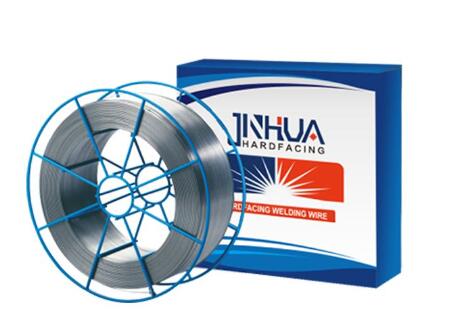
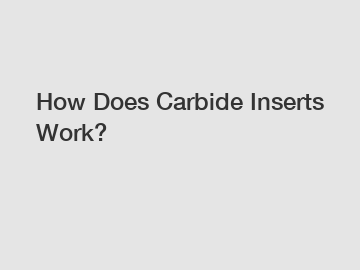

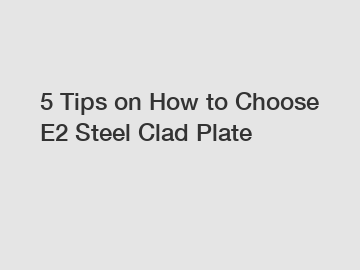
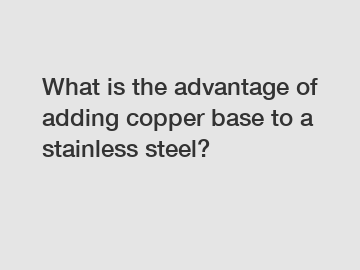
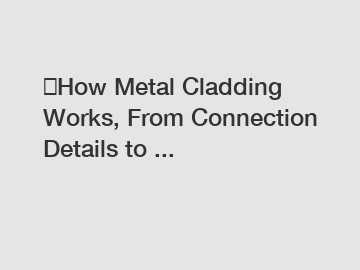
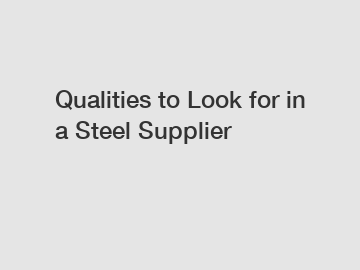


Comments